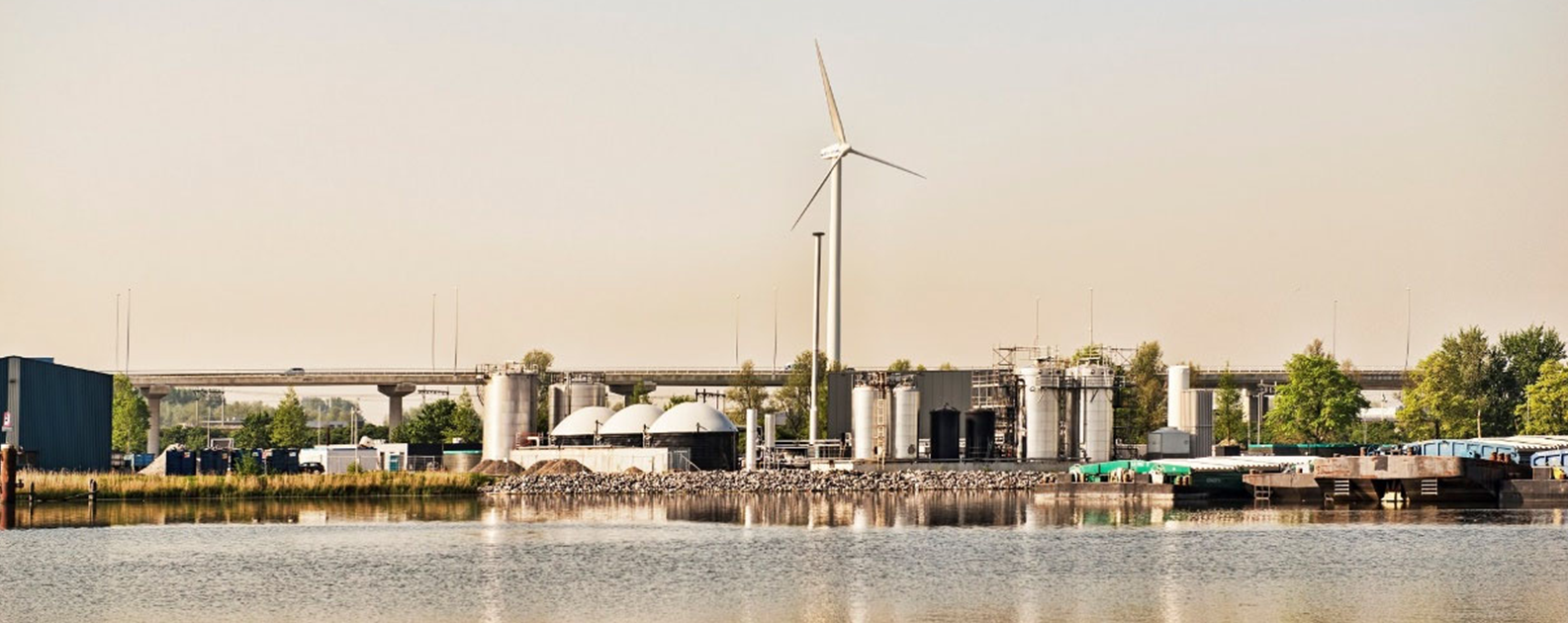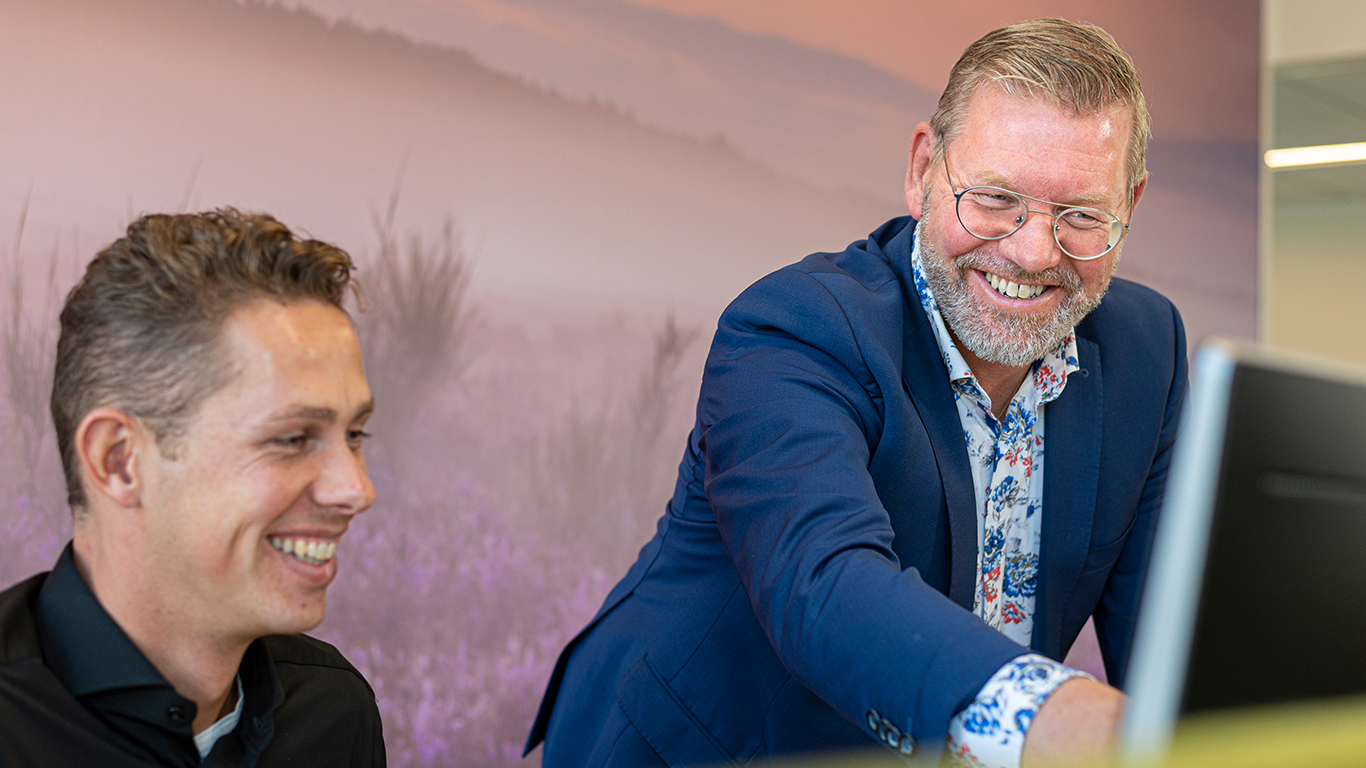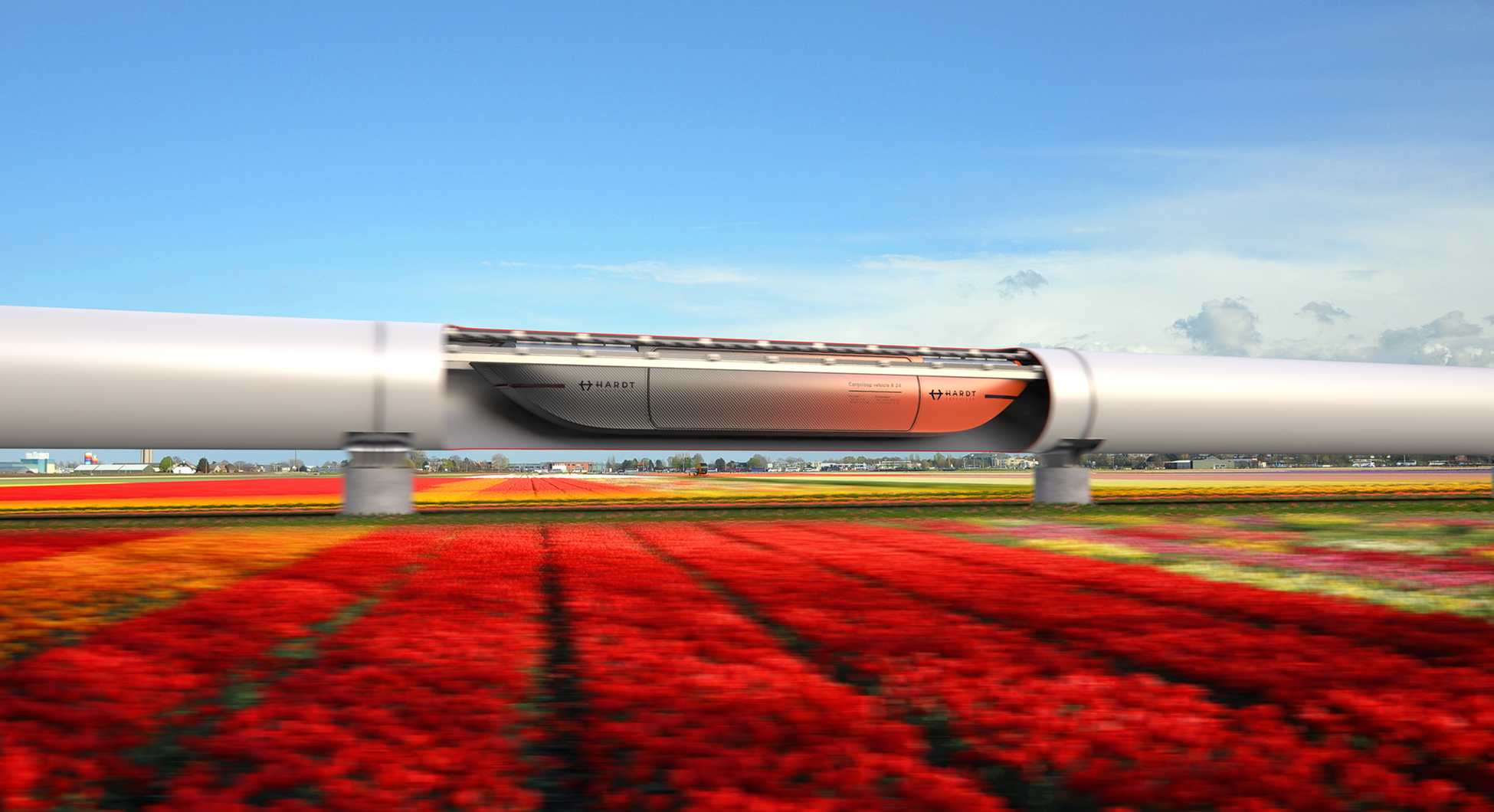Why ChainCraft are choosing TopDutch to create circular chemicals from food waste
ChainCraft are rejecting palm oil and petroleum and replacing them with potato peel and sugar beet. The green chemical company are leading the sustainable transition by creating circular raw materials for products such as animal feeds, cleaning products and paints. After proving their technology with a demo-plant, the innovators are ready to take the next step: Building their first commercial fermentation factory in the TopDutch region.

After starting off as a spin-out from the world-famous Wageningen University in 2010, ChainCraft have been on a speedy scale-up journey in the past few years. From the lab, to a pilot plant, to a demonstration plant in the Port of Amsterdam, now it’s time to start building a full-scale plant. The factory in the Northern Netherlands will produce biobased fatty acids from food waste on a commercial scale.
Switching petroleum for peel
ChainCraft uses fermentation to make sustainable fatty acids from organic waste streams such as fruit and vegetable scraps. Traditionally, the chemical industry has created fatty acids by extraction from palm oil and petroleum, explains CEO and co-founder Niels van Stralen. “ChainCraft has developed a green alternative for this,” he says. “Through our patented fermentation technology, petroleum- and palm oil-based fatty acids can be replaced by high-quality fatty acids that are produced in a fully circular way”.
The ’medium-long fatty acids’ ChainCraft produce are then applied in the AgriFood and chemical industries. Among other products, they are used as circular raw materials for animal feed, paints, plasticizers, coating, fragrances and flavorings.
Searching for space, suppliers and knowledge
Pretty quickly after founding, ChainCraft was able to convince investors, suppliers and customers of their sustainable story. Funding was first raised to establish a pilot plant, and later the construction of a demonstration plant where some 2,000 tons of fatty acids could be produced on a yearly basis. By this point, the company has more than proved its worth. It makes sense, then, that interest from suppliers and customers keeps on growing, and that its first-hour financiers such as Shift Invest are still on board.
ChainCraft are now working on the next phase, preparing to scale-up its production capacity by a factor of between ten and twenty. Originally, the plan was to build the plant in Amsterdam or its surrounding area. But that turned out to be challenging for a number of reasons. “On the one hand, there was a lack of space, particularly with regard to the power supply,” Van Stralen explains. “But in addition, it also had to do with the fact that we focused on taking residual streams from the agricultural industry. Residual streams from companies that process sugar beets, wheat, corn or potatoes, for example.
You quickly find yourself looking to the Northern Netherlands. In fact – here the first contract with a launching partner is almost ready to be signed!
Niels van Stralen, CEO and Co-founder of ChainCraft
“In order to make sure we had a sufficient supply of organic residual streams without high transport costs – thus also environmental costs - we wanted to establish ourselves nearby to a major player from the agrifood sector. That’s much more difficult in the Amsterdam area. You quickly find yourself looking to the Northern Netherlands. In fact – here the first contract with a launching partner is almost ready to be signed!”.
It wasn’t the first experience ChainCraft had had with the TopDutch region. At an earlier stage Ruud van Dijk, an investment manager at the region’s Investment and Development Agency (NOM) had drawn attention to the opportunities in the Northern Netherlands. “Besides a strong agrifood sector, the region has several companies involved in fermentation,” says Van Dijk. “At the same time, the Hanze University of Applied Sciences and the University of Groningen have a lot of knowledge in the theme. ChainCraft, which consists of a resilient and robust team, fits very nicely in the ecosystem”. The NOM, too, decided to invest.

Support with settling in
Shift Invest, one of the larger impact investors in the Netherlands, put ChainCraft back in touch with NOM. Besides offering financial support, the agency is an excellent party to guide the company and show it the way in the region. In terms of permits, for example, or establishing contacts with relevant companies, municipalities and provinces. “Because we don’t yet have a presence there, it is of course nice to have a partner who knows the region inside out,” underlines Pieter van Maren, CFO of ChainCraft. “We are already reaping the benefits of that. We can see that the ecosystem in the Northern Netherlands is more than interesting to us”.
Alongside the NOM, ChainCraft’s next steps are being financed by a range of sources. “'We are investing together with SHIFT Invest, Convent Capital Agri Food Growth Fund, Horizon 3 and PDENH,” Van Dijk explains. “In addition, ChainCraft recently received a European grant from the European Innovation Council (EIC) program, and AKEF and Port of Amsterdam are also involved as debt providers”.
We want to make a big step and are taking a small step to do that now.
Niels van Stralen, CEO and Co-founder of ChainCraft
The money will go towards for the preparation, testing of installations and technical design of the full-scale plant. “[Investing with] such a consortium is good,” continues Van Dijk. “It means that we can absorb any setbacks together and can later also jointly provide part of the follow-up funding for the actual construction of the factory. You don't set up a factory like this overnight. Both the route to it and the funding of the factory itself are quite capital intensive”.
That’s true of course, the factory won’t be up and ready tomorrow. Construction is expected to begin next year, with the plant eventually being operational in 2027. But ChainCraft’s vision doesn’t end there. “We want to make a big step and are taking a small step to do that now,” Van Stralen states. “Our ambition is to scale up to multiple full-scale plants to make as much sustainable impact as possible”.
Call me back
Please feel free to fill out the “Call Me Back” form below, and we’ll be delighted to get in touch with you at your convenience.
These cookies are used to optimize performance and functionality of the website. These cookies are not essential when browsing the website. However it is possible certain elements on the website will not function properly without the cookies.
These cookies collect data that we use to understand how our website is used and perceived. These cookies also help us to optimize the website for the best user experience.
These cookies allow ad-networks to monitor your online behaviour so they can display relevant ads based on your interest and online behaviour. These cookies also prevent the same ads from being displayed over and over.


